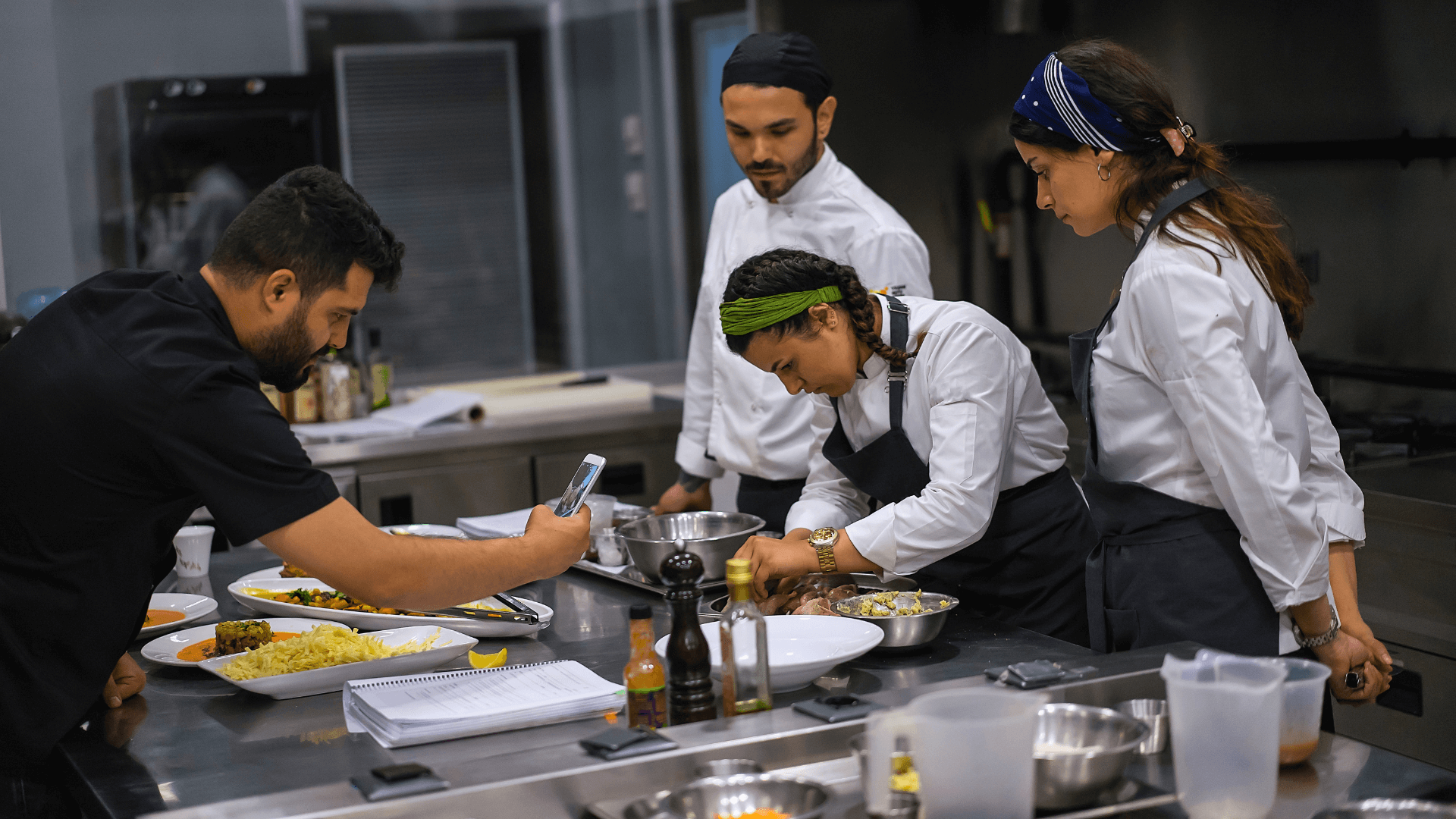When I was contracted to elevate the service levels at what eventually became a Plated restaurant (Rome wasn’t built in a day!), it was a privilege to watch the team grow in confidence and ability. Eventually, they were delivering seamless, engaged, and informed service that truly exceeded expectations.
We started by identifying each team member’s strengths and weaknesses, how they viewed one another, and where their potential lay.
Team members should learn from one another and evaluate service daily and, after each service, restaurant management should analyse how diners responded in a quick team debrief. This is a great motivator, learning opportunity, and team-building exercise.
If you are a restaurateur, it’s time to ask yourself these three simple questions about developing the best team.
1. Why?
Training is not merely an expense; it’s an investment in your restaurant’s success. By nurturing your team’s skills, you’re laying the foundation for a thriving business.
In the busyness of the restaurant industry, training sometimes falls by the wayside. However, investing in people reaps multiple rewards.
If you don’t invest in those who work for you, it will cost you!
Your team must share the same ethos as you and your company. It starts with hiring the right people, those with a good attitude who can then learn the aptitude. I’ve said it many times before: Happy staff make for happy diners – and ultimately happy shareholders.
2. What?
In today’s ever-evolving culinary landscape, it’s not just about mastering recipes; it’s about mastering the art of hospitality. Equip your team with the emotional intelligence and finesse needed to navigate any situation, including:
- Soft skills: Soft skills are as important, if not more, than technical skills. Training should include greeting customers warmly and promptly, active listening and empathy, handling customer complaints and difficult situations professionally, and upselling techniques.
- Food and beverage training: This is the fun side, covering everything from ingredients to cooking techniques, allergens, and beverage pairing. But it shouldn’t be theoretical. If you want your team to truly understand the expectations of discerning diners, take your staff to another restaurant.
- The art of menu communication and storytelling: Have you provided the skills and techniques needed for your front-of-house team to explain dishes, pronounce the ingredients, and give information on their origin? How about sustainability? Does your team know what is responsibly sourced and from which supplier?
- Teamwork and collaboration: Cross-training so that the kitchen brigade and the front-of-house understand one another’s challenges is essential. Have you taught your team how to resolve conflict and cope with criticism? Staff training is part of personal development.
Allow your team to see their value in the overall business, and you will see the benefits.
3. When?
Training shouldn’t be an event; it should be a daily ritual. By fostering a culture of continuous learning, you’re growing a team that’s always striving to exceed expectations and elevate the dining experience.
Staff should be updated on what is on the menu each day and be given the chance to share feedback after service. Allow your team to build rapport and strengthen their ties so that they learn from one another.
Often, in the evaluation of a restaurant for a Plate rating, it’s the service that causes the restaurant to lose points. The food may be exceptional, but if it is poorly served, the experience is not purely pleasurable and can leave a bad taste in the mouth of a diner.
You are not serving meals in a top-class restaurant; you are providing a platform for the creation of memories.
It’s in your establishment that people celebrate, come together, and create new relationships. Be proud of being part of that, and ensure that every one on your team feels as passionately as you do.



0 Comments